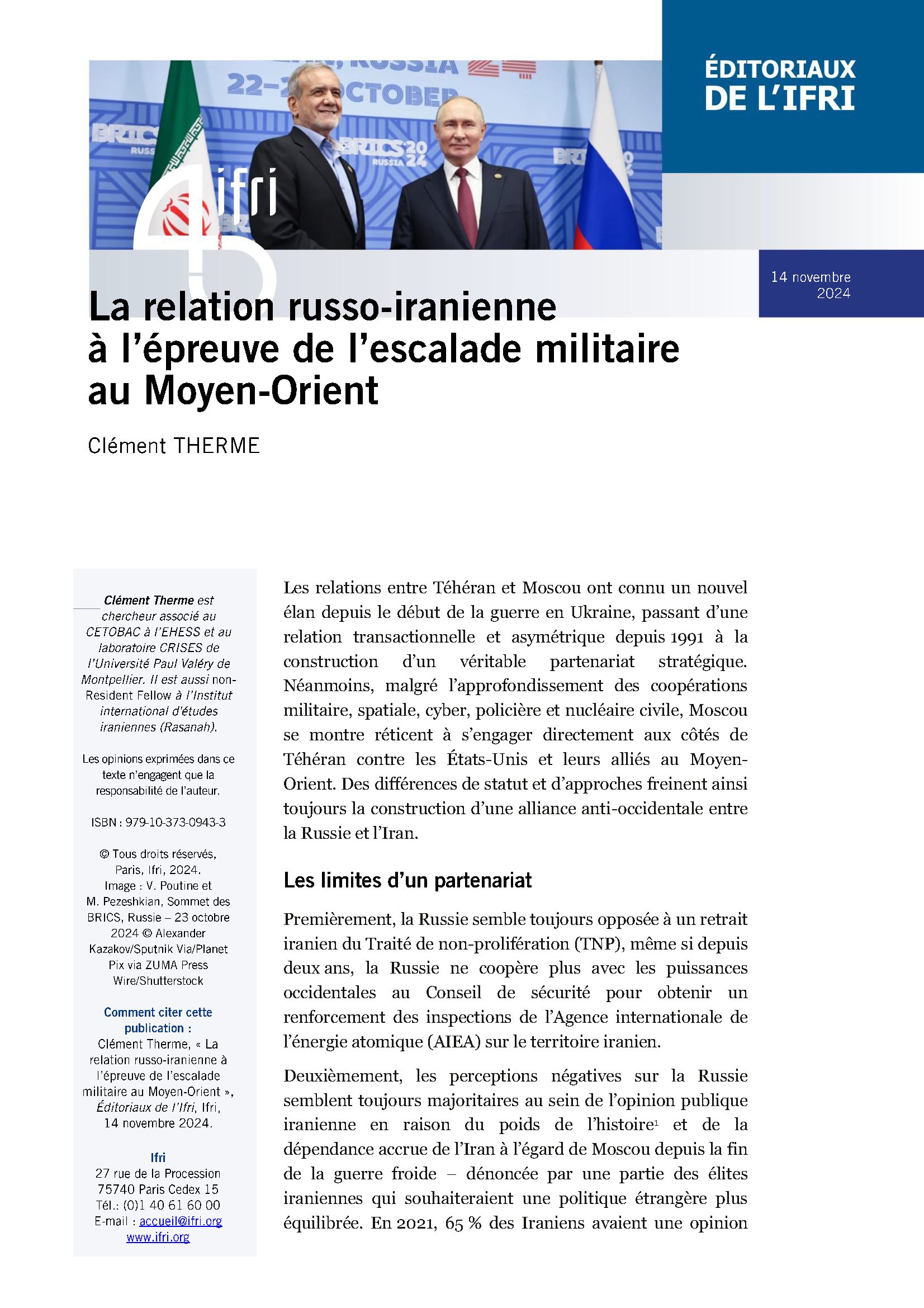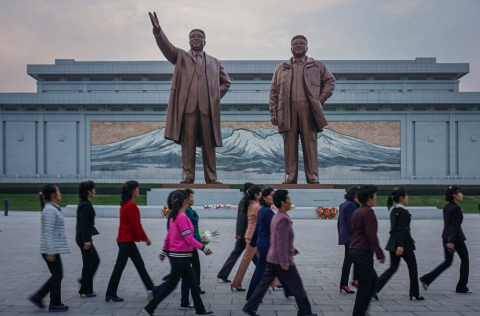4244 publications
Negotiating a Korea-EU Free Trade Agreement: Easier Said Than Done
A number of countries have chosen recently to shift away from an exclusive support to trade multilateralism and towards regional or bilateral trade agreements.
L'Allemagne face à la crise financière : entre logiques nationales et solidarité européenne
The Global Fight Against Avian Influenza. Lessons for the Management of Health and Environmental Crises.
Politiques d'immigration : quelle approche européenne ?
Compte-rendu réalisé par Charlotte Teisseire, stagiaire, Ifri Bruxelles
The political economy of regional integration in East Asia
A widely held consensus view claims that East Asia has been shifting recently from a market-led to an institution-based form of regional economic integration, primarily as a result of the 1997-1998 financial crisis. Next to post-crisis financial cooperation schemes under the ASEAN+3, the surge of Regional Trade Agreements (RTAs) involving East Asian countries is thought by some to further substantiate this claim. The objective of the paper is to question the validity of this claim. By examining the current state of play of economic cooperation, in the financial and monetary areas as well as in the trade sphere, the paper highlights the limitations of the formal regional integration movement in East Asia to date, as well as the vastly different dynamics underlying the financial and trade developments. It also explores the changing nature of intra-regional trade and investment linkages and concludes that this new form of interdependence may be instrumental in changing the trade-offs of formal regional economic schemes.










